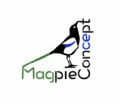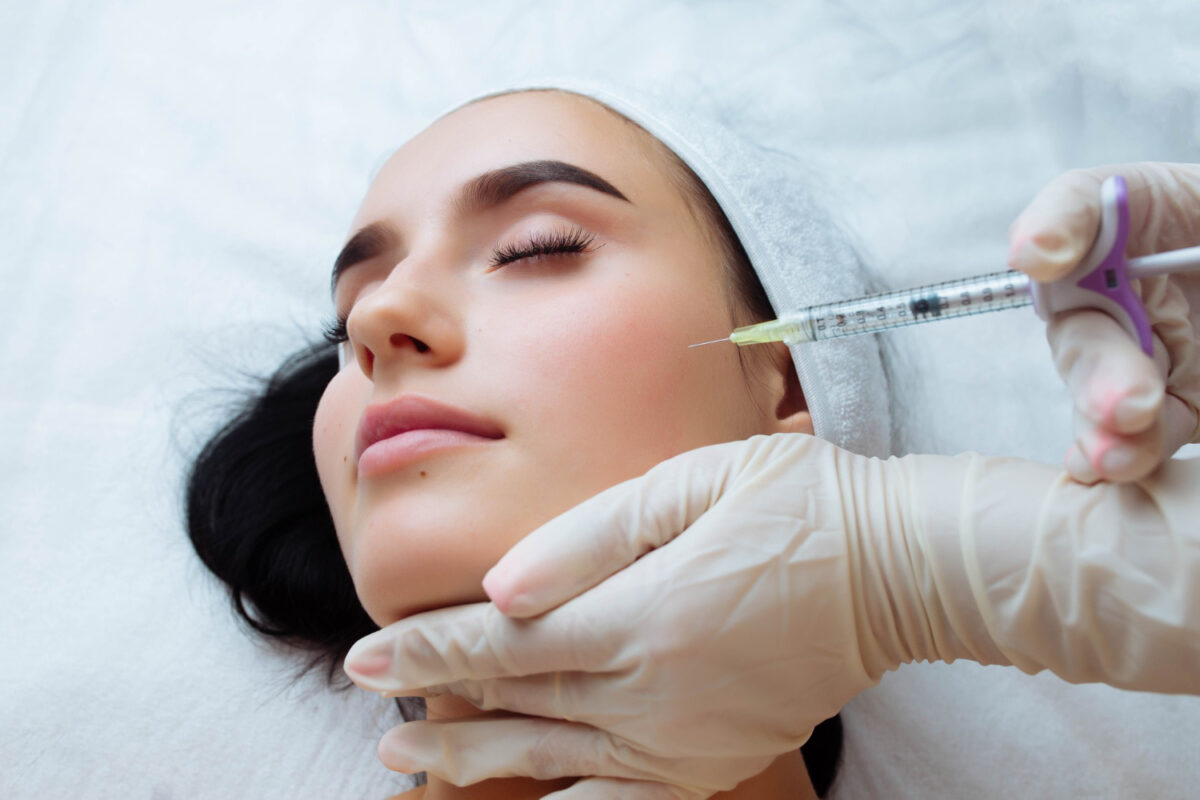The aesthetic industry has witnessed unprecedented growth in recent years, driven by an increasing demand for cosmetic procedures and beauty-enhancing products. However, this surge in popularity has also given rise to a darker side of the industry – counterfeiting. Counterfeit aesthetic products, ranging from injectables to skincare items, have infiltrated the market, posing significant risks to patient safety and overall industry integrity. Recent studies suggest that the percentage of counterfeit aesthetic products in the market has reached alarming levels, with estimates ranging from 10% to 30% of all products sold. The underground market for counterfeit beauty products is thriving, fueled by the allure of quick profits and a lack of stringent regulations. Magpie Concept is set to revolutionise the fight against counterfeiting in the aesthetic industry. The company is launching Gwelo Verify, a groundbreaking solution aimed at ensuring the authenticity of aesthetic products. Gwelo Verify employs advanced technologies and secure tracking mechanisms to authenticate products, offering a robust defence against the infiltration of counterfeit items.
Patient Impact:
- Health Risks (Est. 25%):
Counterfeit aesthetic products often contain substandard or harmful ingredients, jeopardizing the health of unsuspecting patients. Inaccurate formulations can lead to adverse reactions, infections, and even permanent damage. The use of unapproved substances poses a serious threat to patient safety, turning aesthetic procedures into potential health hazards. - Ineffectiveness (Est. 20%):
Patients investing in counterfeit products may not only face health risks but may also experience dissatisfaction with the outcomes. Subpar ingredients and incorrect formulations render these products less effective, ultimately undermining the purpose of aesthetic treatments. - Financial Loss (Est. 30%):
Patients who fall victim to counterfeit products not only risk their health but also face financial losses. Authentic aesthetic treatments come at a premium cost, and unsuspecting individuals may be lured by counterfeit products with significantly lower prices. In the end, they pay a hefty price for a substandard and potentially harmful experience.
Industry Challenges:
- Regulatory Gaps (Est. 15%):
The aesthetic industry faces challenges in implementing robust regulations to curb counterfeiting. Regulatory bodies are often slow to adapt to the evolving market, providing loopholes for counterfeiters to exploit. Strengthening regulatory frameworks is crucial to protecting patients and maintaining the integrity of the aesthetic industry. - Global Supply Chain Complexity (Est. 20%):
The global nature of the aesthetic industry’s supply chain adds another layer of complexity to the fight against counterfeiting. Products often traverse multiple borders before reaching end-users, making it challenging to track and intercept counterfeit items. Collaborative efforts between international regulatory bodies and industry stakeholders are essential to address this issue effectively. - Educating Stakeholders (Est. 25%):
To combat counterfeiting, there is a pressing need to educate both consumers and professionals in the aesthetic industry. Increasing awareness about the risks associated with counterfeit products empowers patients to make informed decisions and encourages practitioners to remain vigilant against unauthorized suppliers.

